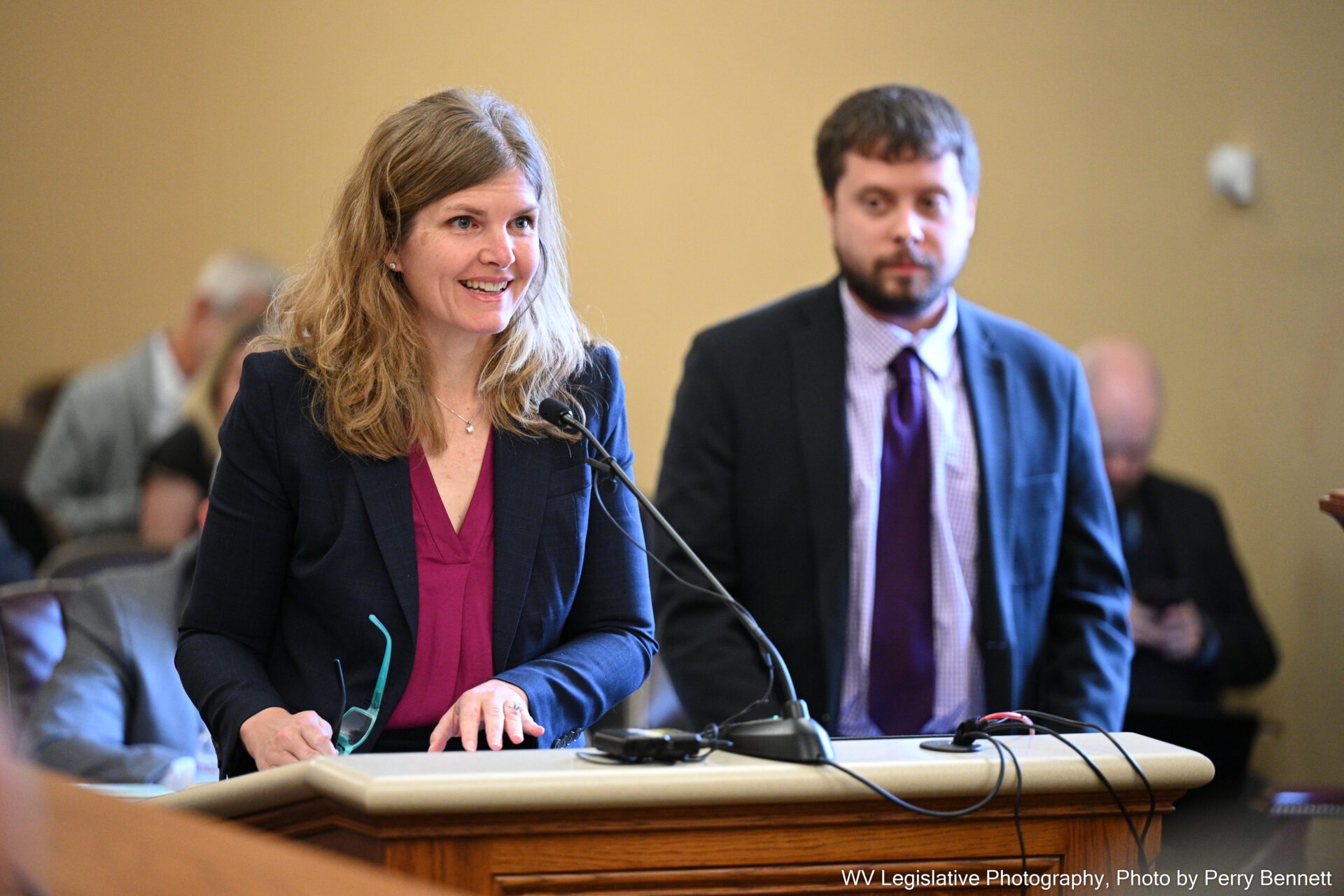The Legislative Oversight Commission on Health and Human Resources Accountability (LOCHHRA) met Monday to discuss the transition plan for the West Virginia Department of Health and Human Resources (DHHR). But lawmakers also heard about other issues, including an update on the years-long overhaul of critical computer systems.
In 2016, the DHHR undertook a project to replace three antiquated computer systems: the Family and Children Tracking system, the Recipient Automated Payment Information Data system and the Online Support Collections and Reporting system.
The goal was to replace those three systems with one integrated platform to modernize the technology for efficiency and reduce costs.
The contract was awarded to Optum Technologies in November 2017. The total cost of the contract over 10 years is $308 million.
The build and implementation of the new People’s Access to Help or PATH system cost just under $163 million. About $138 million, or 84 percent, comes from federal funding and about $24 million comes from state funds.
The implementation phase is milestone based, meaning that the vendor does not receive payments until certain work is completed.
In Feb. 2020, just prior to the pandemic, the DHHR released the PATH public portal which was an update to the online application where people can apply for various services including Medicaid, SNAP and child support.
Justin Davis, assistant to the cabinet secretary of DHHR, told lawmakers Monday the new system will add efficiency to the workforce and help improve the quality of the services that DHHR delivers.
“We’re implementing PATH in a phased approach,” Davis said. “We’re onboarding certain pieces of functionality and certain programs over a period of time, it’s not everybody jumping into the pool all at once.”
In January 2023, the DHHR launched the Child Welfare Social Services portion of the new system.
Cammie Chapman, deputy secretary of DHHR’s children and adult services, said when the site launched in January, the department was not aware that launching the site would impact payments.
She said they realized the error when processing February payments and found the payments to be missing or incorrect. All payments were affected to some degree and left some recipients without their money for weeks.
“Because we knew that these issues were coming up, and as soon as we were able to get a full grasp of what was going on, we worked with the auditor’s office, we worked with the treasurer. Those offices could not have been more supportive and getting checks out as soon as possible,” Chapman said. “They did special check runs for us, they got off their schedule, and they did whatever they could to help us make payments as quickly as we could, once we knew that they were correct.”
Chapman said Mission West Virginia is helping the DHHR coordinate reimbursement for any fees that may have resulted from these delayed payments.
She reported to the committee that the department is back on schedule and in the first week of April, released over 22,000 payments in the amount of about $25 million.
